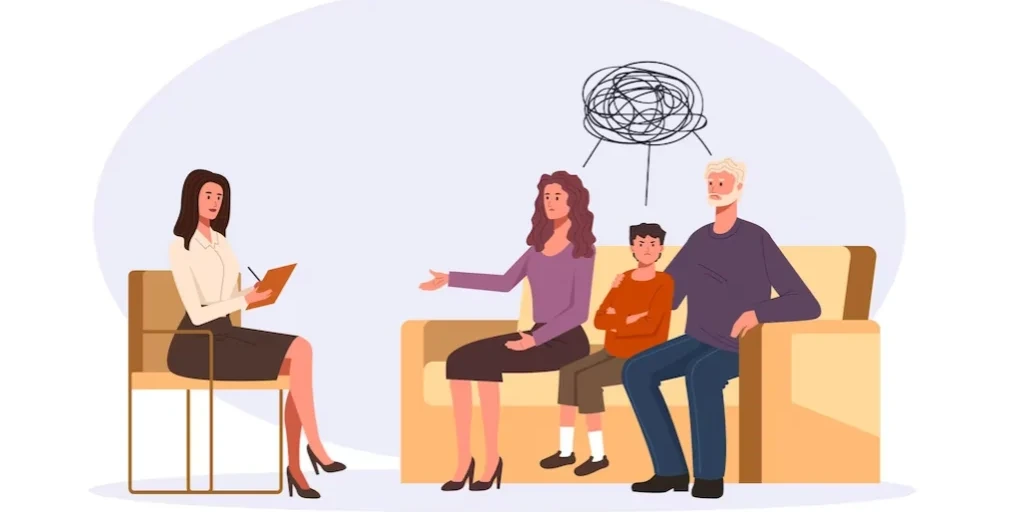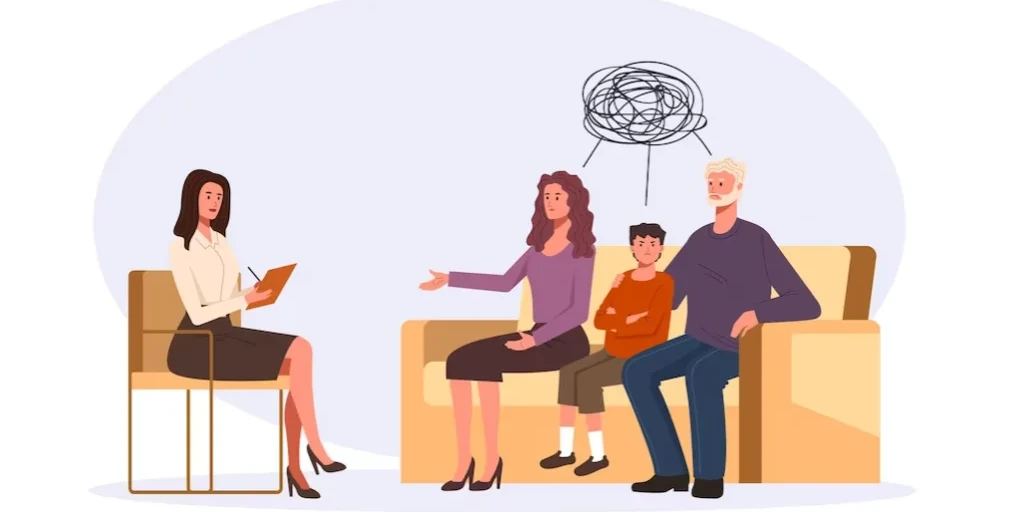24/7 Helpline:
(866) 899-221924/7 Helpline:
(866) 899-2219
Learn more about Codeine Detox centers in Anamosa
Codeine Detox in Other Cities

Other Insurance Options

BlueShield

Sutter

Oxford

Providence

Highmark

Absolute Total Care

United Health Care

Aetna

Premera

Self-pay options
Beacon

GEHA

Meritain

Excellus

Cigna

Ambetter

Covered California

UnitedHealth Group

Access to Recovery (ATR) Voucher

MHNNet Behavioral Health

ASAC – Area Substance Abuse Council
ASAC–Area Substance Abuse Council, located in Anamosa, Iowa, provides comprehensive mental and behav...




Fairview Counseling at Wyoming
Fairview Counseling at Wyoming is a private rehab located in Wyoming, MN. Fairview Counseling at Wyo...






































Hope Network Grand Rapids Center and Administration
Hope Network Grand Rapids Center and Administration is a private rehab located in Wyoming, Michigan....

CONCERN – Wyoming
CONCERN Professional Services - 1120-C Hobart Avenue is a non-profit rehab located in Wyoming, PA. C...

Developing Apex
Developing Apex is a private rehab located in Wyoming, Pennsylvania. Developing Apex specializes in ...

The Providence Center – Women’s Road to Recovery
The Providence Center - Women's Road to Recovery is located in Wyoming, RI. The Providence Center - ...



































































